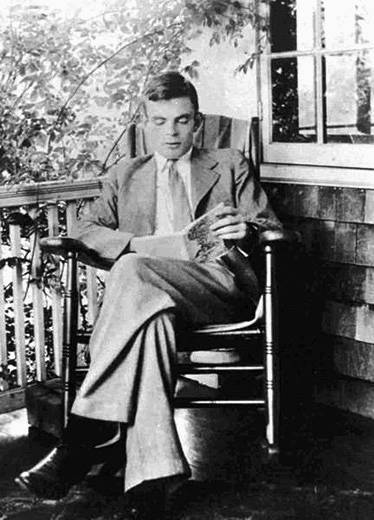
The best strategy to win the game is to be as random ad possible.When you conclude all three levels, you can read the project details. We can read:
It is common knowledge that human subjects have difficulty in generating random sequences. This hypothesis has been studied in detail for some time by psychologists and mathematicians. This project takes that theory further by studying it from a game theoretical point of view and supposes that humans are less able to randomise under increasing pressure than under normal circumstances.I play the game. In the first level I'm losing when I'm trying to apply the suggested strategy, but I win (also the two next levels) when I apply the following simple strategy: change my choice when computer wins!
Matching pennies is an ideal game for this study because there is no pure strategy in the game that gives one player an advantage over the other.
(...)
I don't know if my strategy is casual or it is the best to simulate a casual strategy, but this is the results. And you?
Thanks to Marco Gaudenzi for sharing the game.

No comments:
Post a Comment
Markup Key:
- <b>bold</b> = bold
- <i>italic</i> = italic
- <a href="http://www.fieldofscience.com/">FoS</a> = FoS